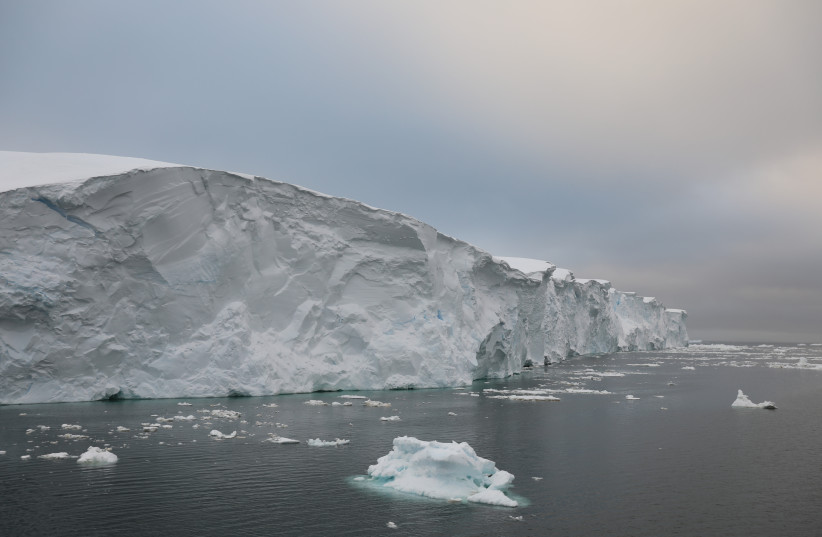Investment funds are a critical part of Israel’s thriving business ecosystem, and while making money is obviously the foremost goal of any business-oriented organization, some investment firms, called “impact funds,” strive to do so while prioritizing positive change in the world’s climate and social environments.
Bridges Israel is one such impact fund. It invests in small and medium-sized companies, Israeli or with Israeli connections that have developed solutions to the global climate crisis or the inequality gaps in the world.
The fund was founded by three experienced investors and managers who came from other business ventures in order to pursue a business venture that could make a real impact.
Among the fund’s portfolio are companies such as ECOncrete, which develops marine environment-friendly concrete; N-Drip, an innovative irrigation method that saves copious amounts of water; and TailorMed, a platform that identifies patients who cannot afford medical treatment and links them to relevant funding programs.
One of Bridge’s co-founders, Gal Hayut, sat for an interview with The Jerusalem Post, and explained what it’s like to head an investment fund with a value-oriented mission statement.

To start things off: what are the areas that Bridges Israel is most interested in?
“We focus on two main challenges humanity is facing: climate-tech and social inequality. These are two themes that we are looking at, and they’re very much derived from the United Nations’ SDG [Sustainable Development Goals] parameters that were designated to be solved in the near future.
“In those fields, we look at companies that create a significant solution [in the space], a measurable one, one that is strongly aligned with the business that they have. We currently have 12 companies in the portfolio who operate in climate, ag-tech, digital health in the area of accessibility, and fair employment – and we’re eager to find more.”
How does Bridges Israel work?
For you, or for any fund promoting a specific mission, what’s the vetting process like for these companies?
“On one hand, we analyze specific verticals, and then map all the companies that are active in Israel within these areas, to meet most of them and select the ones that are relevant for investment; on the other hand, we get approached by companies [all the time], because many of them want to have an impact investor as their investor. It creates strong alignment with the company’s mission and many times it is important to the entrepreneur who founded the company.
“So we all meet with a company, review their strategy, product or service, go to market strategy, and other materials. We listen, learn from them and assess their management capability and potential. From there we decide whether we want to deep dive into an investment process. Just so you can understand how selective the pre-investment process is: in the last few years, we came across 1,200 companies, and we invested in 12.”
Just so you can understand how selective the pre-investment process is: in the last few years, we came across 1,200 companies, and we invested in 12.”
Gal Hayut
As a fund so deeply rooted in the environmental and social impact space, what trends have you noticed in the wider Israeli tech industry surrounding principles like environmental, social, and governance (ESG) or the UN’s SDGs?
“ESG has become more known and familiar in many institutions: investors and corporates have started to measure and report ESG, and in our companies, we always look also at ESG parameters as a fundamental part of their business. However, our main focus is to assess, measure and report the impact our portfolio companies make with their products and services – how do they actively contribute to solutions to the social and climate challenges we are facing. In terms of impact, I think Israel is still behind. If you look at other markets, the need and understanding of the subjects among investors, employees and customers is more vivid.”
Israel's role in the fight against clime change
How can Israel pick up the pace in the impact department?
“That’s actually part of the role that we take in Israel: to develop its understanding of the need for impact. We do that through collaborations with the academy, through meeting with other funds and through promoting it among the companies that we see.
“We do see some signs that this is going to mature. We see that more and more institutional investors understand the link between impact and the financial value of what they do and the potential for high financial returns for those who will adopt it. On the corporate side, they’re not yet speaking about impact. But there is a much better understanding of its importance and potential, especially in the eyes of their customers, who shift towards consuming products from positive and impactful companies.”
